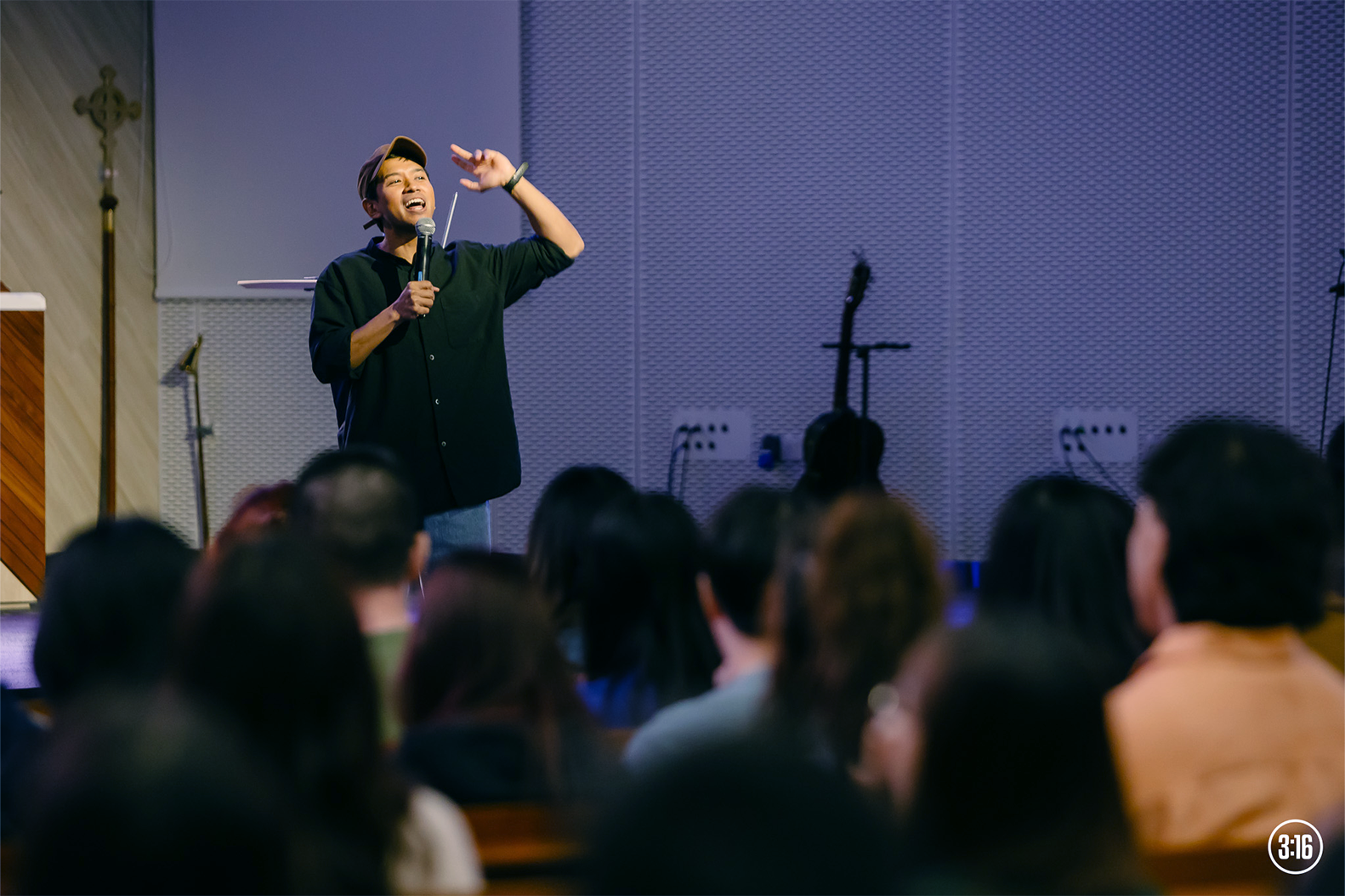On July 9, the General Synod of the Church of England passed a motion on Welcoming Transgender People.
The motion, moved by Reverend Christopher Newlands, urged “that this Synod, recognising the need for transgender people to be welcomed and affirmed in their parish church, call on the House of Bishops to consider whether some nationally commended liturgical materials might be prepared to mark a person’s gender transition”.
Newlands therefore sought an authorised liturgy to affirm that God calls transgendered people by name and bids them follow Him.
“Yes, a new name, which they have chosen for themselves, which God knows and treasures,” he added, pointing to examples in the Bible where people were given new names.
YOUR BODY IS PART OF WHO YOU ARE
Of course everybody who desires to know God should be welcome in church. Where the church has not been welcoming, we need to check our posture. No one seeking the Father should be turned away at the door.
But the motion calls for us not only to “welcome and affirm” them, it also implies that a person’s decision to transition between genders is to be welcomed, too.
How can this position be reconciled with what the Bible tells us about God creating humanity in His own image? It cannot. “Male and female He created them,” it states in Genesis 1:27.
This was reaffirmed by Jesus in Matthew 19:4, when he pointed the Pharisees to the Genesis passage, reiterating that “at the beginning the Creator ‘made them male and female'”.
How can this church’s position be reconciled with what the Bible tells us about God creating humanity in His own image?
A follower of Christ should then conclude that our biological sex is not an accident of nature nor a social construct, but divine design.
Our body is not our enemy, and we are not trapped in the wrong body. Instead, our bodies are part of who we are.
That is why Jesus emphasised that one of the greatest commandments is to love God with all our heart, soul, mind and strength (Mark 12:30). Every human being is an integrated unity of his or her emotional, spiritual, intellectual and physical aspects of being.
DOES A NEW NAME A NEW DESTINY MAKE?
Newlands and the Synod also made the assumption that our names are what we choose for ourselves.
In the ordinary human experience, we do not choose our own names. Instead, we are usually named by our parents at birth, who may have picked their names based on a book of baby names, taken advice from a pastor, or so on.
In some cases, names were given in order to undermine original identities, such as when the Babylonian king Nebuchadnezzar gave Babylonian names to Daniel and his three friends.
The Synod’s error is in thinking that should we author our own names, we also alter our identity and destiny.
In the Bible, names were sometimes given by someone in a position of headship as a mark of one’s destiny. For example, Jesus gave Simon the name Peter, the rock. God changed Abram’s name to Abraham – the father of many nations. Even Jesus’ name was given by God to Joseph and Mary through the angel, that He shall be called Immanuel (God with us).
But the name change didn’t change a person’s destiny. God defined it; the name merely affirmed it. It is not the name that is known and treasured, but the person behind the name.
CHURCH, BE THE COMFORT
No doubt, there are people who feel intense distress and discomfort with their own bodies. A man might feel like he is actually a woman trapped in a man’s body, or vice versa.
For people in such situations, there is one Body which ought to speak both loud and clear in receiving people with gender dysphoria: The Body of Christ.
The Church should be a safe haven and a source of comfort for anyone struggling with their gender identity.
Rather than hating His own body of believers, flawed and imperfect as it is, Jesus feeds and cares for His body, the Church (Ephesians 5:29). And as members of His body, we also ought to love those in our midst who feel deeply uncomfortable in their own bodies, and to honour the profound dignity that God has bestowed upon us as men and women made in His image.
The Church should be a safe haven and a source of comfort for anyone struggling with their gender identity.
The root issue of gender dysphoria is the same as any other result of living in a sinful world. It is the product of sin, which separates us from God, and hence separates us from the ultimate Source of our identity and destiny.
Just as Jesus came and gave us a ministry of reconciliation through His death and resurrection, we the Church – His body – are called to bring that message of reconciliation to the world, calling all people to reconcile to God and who we are in Him.
And for those in Christ, God gives a spirit of sonship through whom we cry “Abba Father!” as children of God (Romans 8:15-16). It is not an identity we choose for ourselves, but one which God chooses for us.










